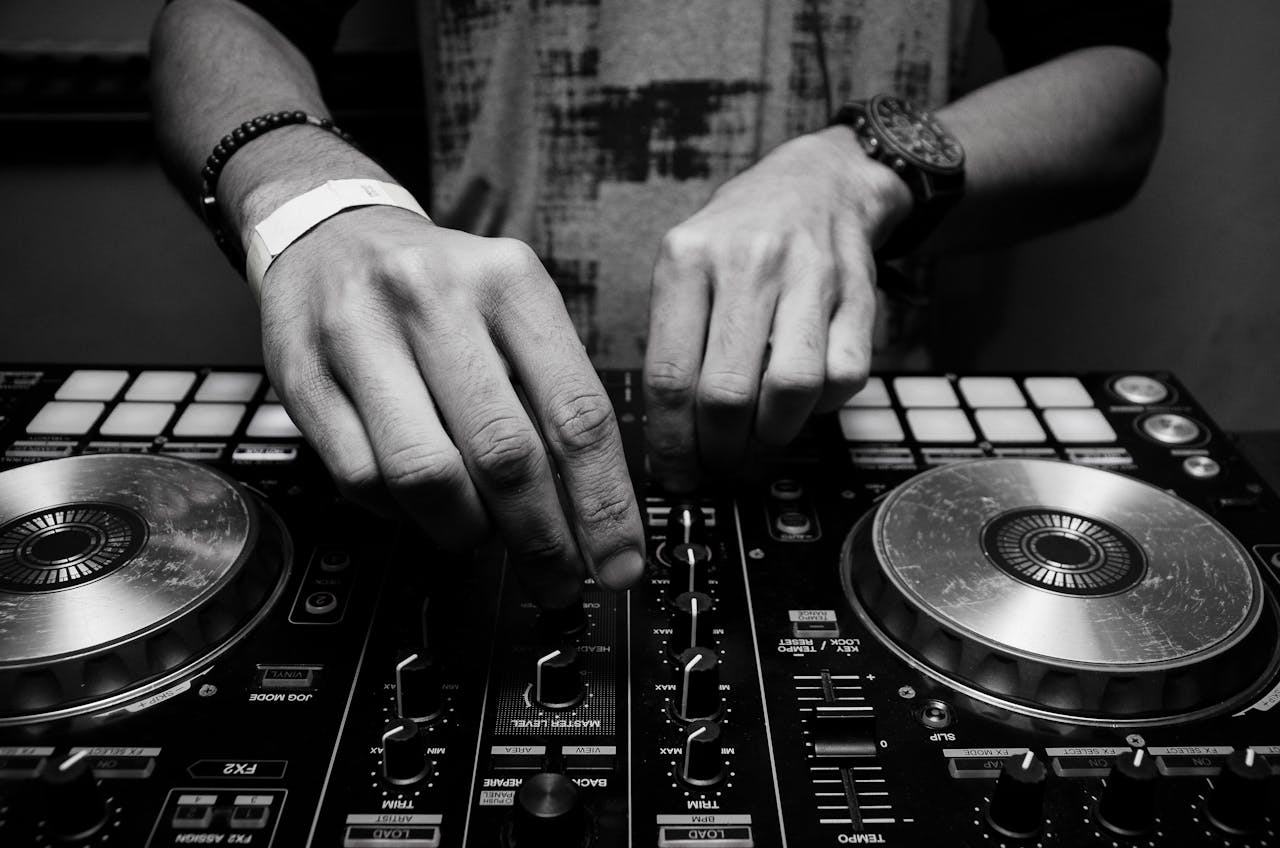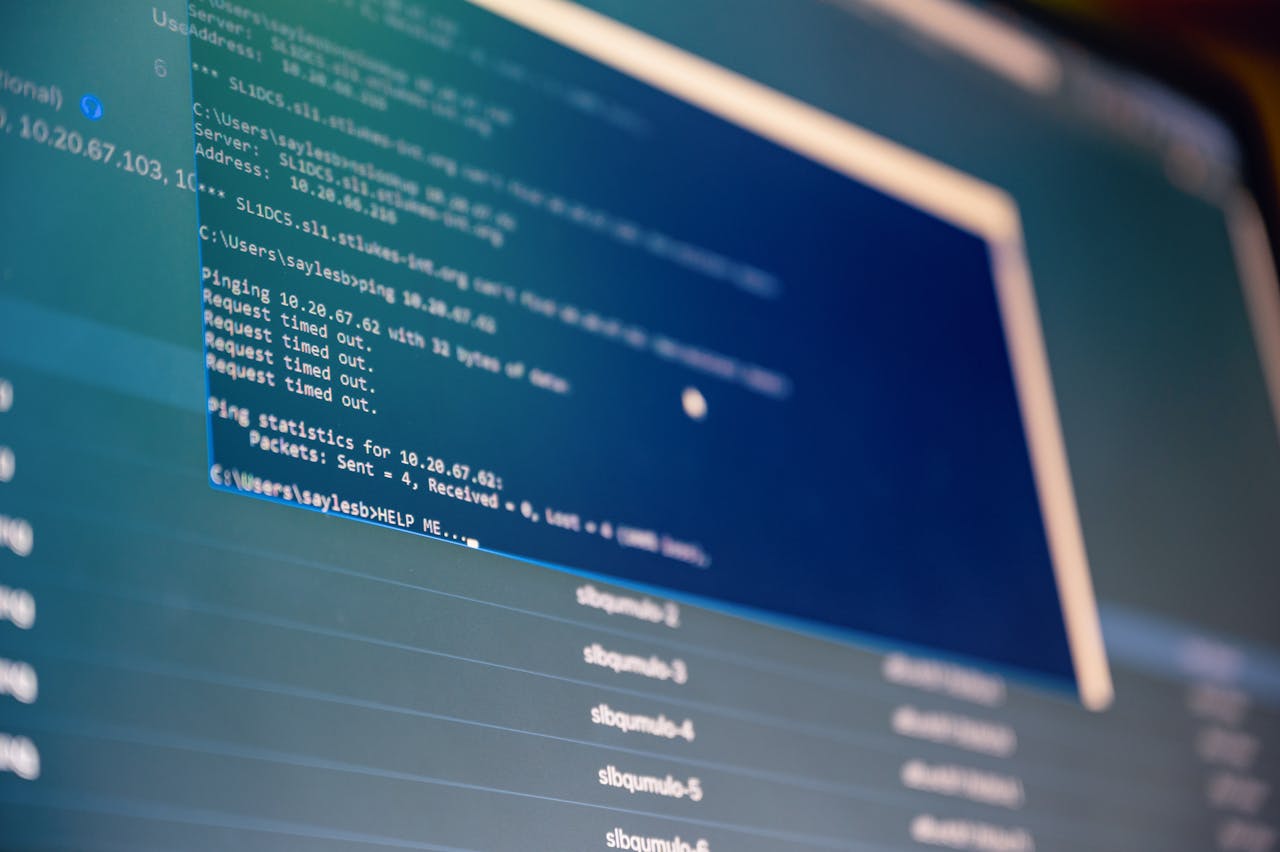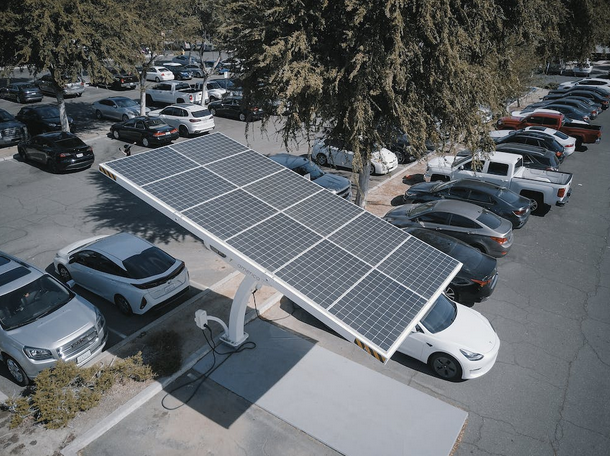Welcome to the future of sound. In a world where technology dances hand-in-hand with creativity, the music experience is undergoing a thrilling transformation. From virtual concerts that transport you into vibrant digital realms to AI-generated compositions that push the boundaries of artistry, emerging technologies are not just enhancing how we listen—they’re redefining what music can be. Join us as we explore this exhilarating landscape where innovation meets melody, and discover how these advancements are shaping the rhythm of our lives like never before. The beat goes on—let’s dive in.
AI: Composing Music for the Future
 Artificial intelligence (AI) is no longer just a buzzword in tech—it’s transforming how music is created. AI-powered tools are being used to help composers, producers, and even artists generate new sounds, lyrics, and melodies. These tools can analyze vast amounts of music data, learning patterns, and styles from various genres, and then use that knowledge to create fresh compositions. Some musicians are using AI to help them brainstorm new ideas, while others are allowing machines to compose entire songs. For example, platforms like OpenAI’s MuseNet can generate music in any genre, from classical to pop, based on simple prompts.
Artificial intelligence (AI) is no longer just a buzzword in tech—it’s transforming how music is created. AI-powered tools are being used to help composers, producers, and even artists generate new sounds, lyrics, and melodies. These tools can analyze vast amounts of music data, learning patterns, and styles from various genres, and then use that knowledge to create fresh compositions. Some musicians are using AI to help them brainstorm new ideas, while others are allowing machines to compose entire songs. For example, platforms like OpenAI’s MuseNet can generate music in any genre, from classical to pop, based on simple prompts.
While AI is far from replacing human creativity, it’s offering new ways for artists to experiment with sounds and techniques they might not have explored otherwise. But it’s not just about making music—AI is also transforming how we listen. AI-driven platforms like Spotify and Apple Music create personalized playlists based on your listening habits, introducing you to new artists and songs that match your taste. The more you listen, the more these algorithms learn, providing an ever-evolving soundtrack to your life. With free vocal samples, for example, AI can create songs specifically tailored to your voice and singing style.
Virtual and Augmented Reality: Concerts From Your Living Room
Gone are the days when attending a concert meant buying a ticket, waiting in line, and hoping for a good view. With the rise of virtual and augmented reality (VR and AR), music lovers can now experience concerts in entirely new ways. VR technology is making it possible for people to attend live shows from the comfort of their own homes, offering immersive, 360-degree views of performances.
Take the example of virtual concerts—artists like Travis Scott and Lil Nas X have already held groundbreaking VR concerts in video games like Fortnite, attracting millions of viewers. These events aren’t just limited to music; they also incorporate stunning visuals and interactive elements, creating a truly unique experience that can’t be replicated in a physical venue.
For those who want a more immersive experience, AR can add interactive elements to real-world performances. Imagine attending a live concert and seeing holographic images of the performers or being able to interact with digital elements projected onto the stage. This blend of music and tech is making live shows more exciting and accessible to people around the globe.
Music Production: Home Studios and Affordable Tech
In the past, creating professional-quality music often required expensive equipment, recording studios, and a team of engineers. Today, thanks to advances in technology, anyone with a computer and a few key tools can produce music that sounds like it came straight from a major label.
Software like Ableton Live, Logic Pro, and FL Studio has made music production more accessible to aspiring musicians. Even budget-friendly devices like MIDI keyboards, audio interfaces, and headphones are giving bedroom producers the ability to create high-quality tracks from the comfort of their own homes. Whether you’re into electronic beats, indie rock, or hip-hop, you don’t need a big budget or a studio to get started.
This democratization of music production has led to a boom in independent artists. With platforms like SoundCloud, Bandcamp, and YouTube, musicians can share their work directly with fans, bypassing the traditional music industry gatekeepers. Tech is empowering artists to take control of their careers and reach audiences on their terms.
Blockchain and NFTs: Redefining Ownership and Distribution
Blockchain technology is making waves in the music industry, particularly when it comes to ownership and distribution. By creating a decentralized ledger, blockchain allows artists to track the distribution of their music and ensure they’re fairly compensated for their work. Smart contracts can be used to automatically distribute royalties to the right people, reducing the need for intermediaries like record labels.
But it doesn’t stop there. Non-fungible tokens (NFTs) are another hot trend that’s reshaping how music is sold and owned. NFTs allow artists to sell unique, digital assets like limited-edition album artwork, exclusive tracks, or even virtual concert tickets. These tokens are revolutionizing the way fans interact with artists, giving them a way to own a piece of the music they love in a digital format.
NFTs also allow artists to create new revenue streams and connect with their fanbase in a more personal way. By offering exclusive content or experiences, musicians can foster a sense of community and deepen their relationship with listeners.
Streaming: Changing How We Consume Music
Streaming services like Spotify, Apple Music, and YouTube have already changed the way we consume music, making it easier than ever to access millions of songs with just a few taps. But with advancements in streaming tech, we’re now seeing a shift toward higher-quality audio and more interactive features.
Services like Tidal offer lossless, high-fidelity audio streaming, giving audiophiles the chance to hear music in its purest form. Meanwhile, platforms like YouTube Music and Amazon Music are integrating more personalized features, including smart playlists, curated mixes, and even AI-powered song recommendations.
The future of music is being shaped by the powerful intersection of creativity and technology. From AI-generated songs to virtual concerts, technology is transforming the way music is made, experienced, and consumed. As these innovations continue to evolve, we’re bound to see even more exciting changes in the music industry—changes that will continue to inspire, connect, and entertain us all.




